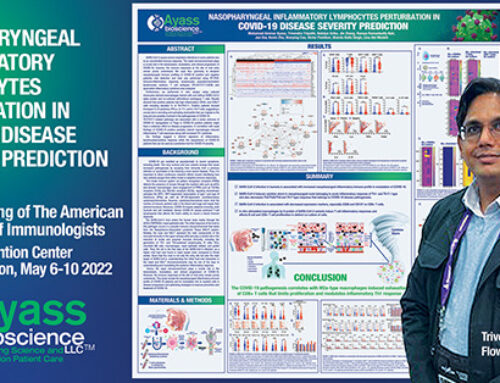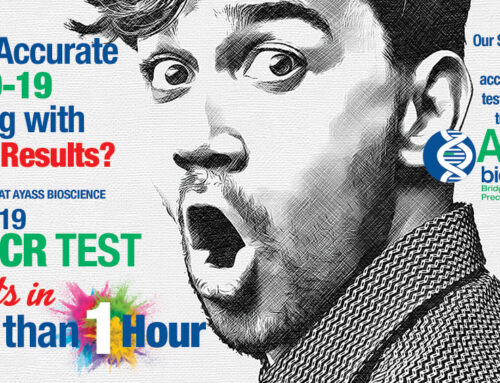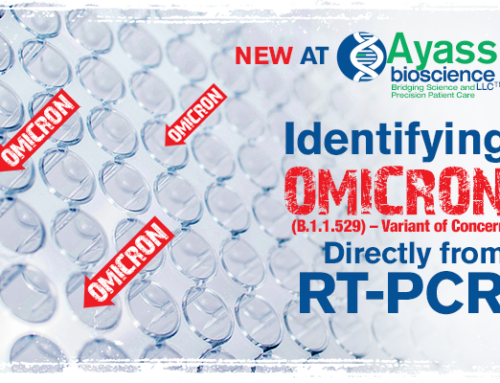What you need to know to keep your family SAFE AND HEALTHY.
People who have been vaccinated more than 6 months ago can potentially lose their immunity very soon. 160 million who choose to protect themselves NEED a 3rd DOSE NOW TO PUT THE VACCINATED AT A LOWER RISK OF GETTING SERIOUSLY ILL.
WE NEED TO SUPPORT THE VACCINATED TO PROTECT:
ThemSELVES
Their FAMILIES
Their COMMUNITY
DON’T LET THE MUCH NEEDED VACCINE GET EXPIRED & WASTED WHILE WAITING ON THE UNVACCINATED TO MAKE UP THEIR MINDS!






Leave A Comment